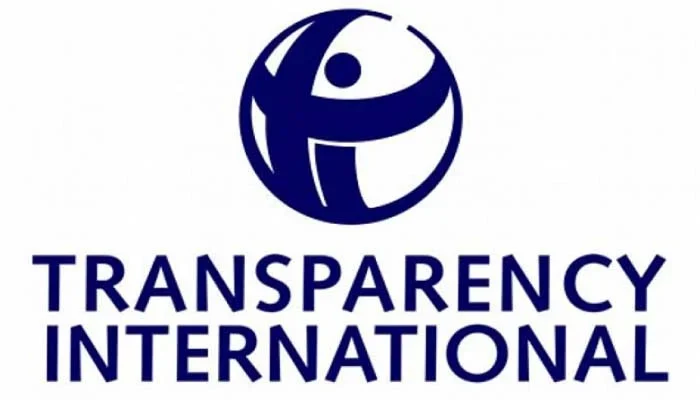Naveed Hussain
Transparency is crucial for procurement processes because it ensures fairness, accountability, and efficiency. When procurement processes are transparent, it becomes easier to identify and prevent corruption, fraud, and favouritism. Transparency also allows for equal opportunities for all potential suppliers or contractors, promoting healthy competition and ultimately leading to better value for money. Additionally, transparent procurement processes help build trust among the public and stakeholders, which is essential for maintaining the integrity of the public sector.
In the latest Corruption Perception Index (CPI) of 2023, Transparency International (TI) ranks Pakistan at 29 out of 180 countries. This ranking is based on a comprehensive assessment of various factors, including [specific factors], and marks an improvement of two points from the previous year. However, the fundamental issues remain largely unaltered.
The CPI serves as a gauge of how citizens perceive corruption within the public sector, rating countries on a scale from 0 (highly corrupt) to 100 (very clean). Pakistan has consistently been categorized as one of the most corrupt nations by TI, with specific instances of irregularities in public procurement processes, such as [specific example], playing a significant role in shaping this public perception.
Public procurement, which entails the acquisition of goods and services by the public sector as part of its regular operations, is a crucial area where corruption is identified. Globally, governments allocate approximately 10-20% of their GDP to public procurements, with 15-20% of this expenditure being susceptible to embezzlement due to flaws in the procurement process.
For countries like Pakistan, where fiscal resources are perpetually constrained, such leakages result in heightened fiscal deficits and diminished economic growth. The impact of corruption on Pakistan’s economy is significant, with [specific economic indicators] being directly affected. Implementing procurement reforms has the potential to enhance spending efficiency, amounting to approximately 1% of the GDP, which translates to a significant sum for Pakistan at current market prices.
Furthermore, revamping the public procurement system can also contribute to enhancing the Ease of Doing Business (EODB) in Pakistan. The EODB index measures [specific aspects] and is a key indicator of a country’s business environment. A substantial portion of the EODB index is contingent on issues related to ‘legal rights,’ many of which stem from inefficient public procurement and contract management processes. Therefore, improving the public procurement system not only expands fiscal space but also bolsters the country’s anti-corruption endeavors.
Given these imperatives, public procurement reforms have gained traction worldwide. It is noteworthy that apart from Japan and the USA, most countries only initiated procurement laws and regulations during the 1990s and 2000s.
Pakistan took its initial steps toward improving public procurement processes by establishing a Public Procurement Regulatory Authority (PPRA) at the federal level in 2004, with the provinces subsequently following suit. However, several significant challenges persist. These include [specific challenges], which have hindered the effectiveness of the PPRA and the overall public procurement system in Pakistan.
Recognizing these challenges, the federal government incorporated their resolution into various strategic plans. The Accountability for Service Delivery Program (2017-2023), funded by the World Bank, led to substantial progress in this regard. Notably, 25 amendments were introduced to simplify the public procurement regime and align it with international best practices. These amendments include [specific amendments], which have significantly improved the transparency and efficiency of the public procurement process in Pakistan.
A significant milestone in this journey was the development and rollout of the E-Pakistan Acquisition and Disposal System (EPADS), which has been adopted by 37 Federal Ministries and 279 attached departments. The system has not only streamlined public procurements but also ushered in a new era of transparency and competition in the bidding process. This is a testament to the transformative power of e-procurement and the potential it holds for Pakistan’s economic progress.
To fully realize the potential of EPADS, it is imperative for all provincial governments to adopt the system. The federal PPRA plays a crucial role in this process, continuing to support government agencies and vendors by [specific actions]. This entails maintaining engagement with political and bureaucratic leadership, providing helpdesk services, and ensuring ongoing system enhancements based on user feedback. The sustained involvement of the federal PPRA is vital during this transformative phase.
Furthermore, integrating e-procurement with the government’s payment system is crucial for expediting the PFM cycle and enhancing financial credibility. But perhaps the most vital aspect is sustaining reform-oriented leadership at the federal PPRA during this transformative phase. This is not just a recommendation, but a call to action for all stakeholders involved in public procurement and economic development in Pakistan.

















































